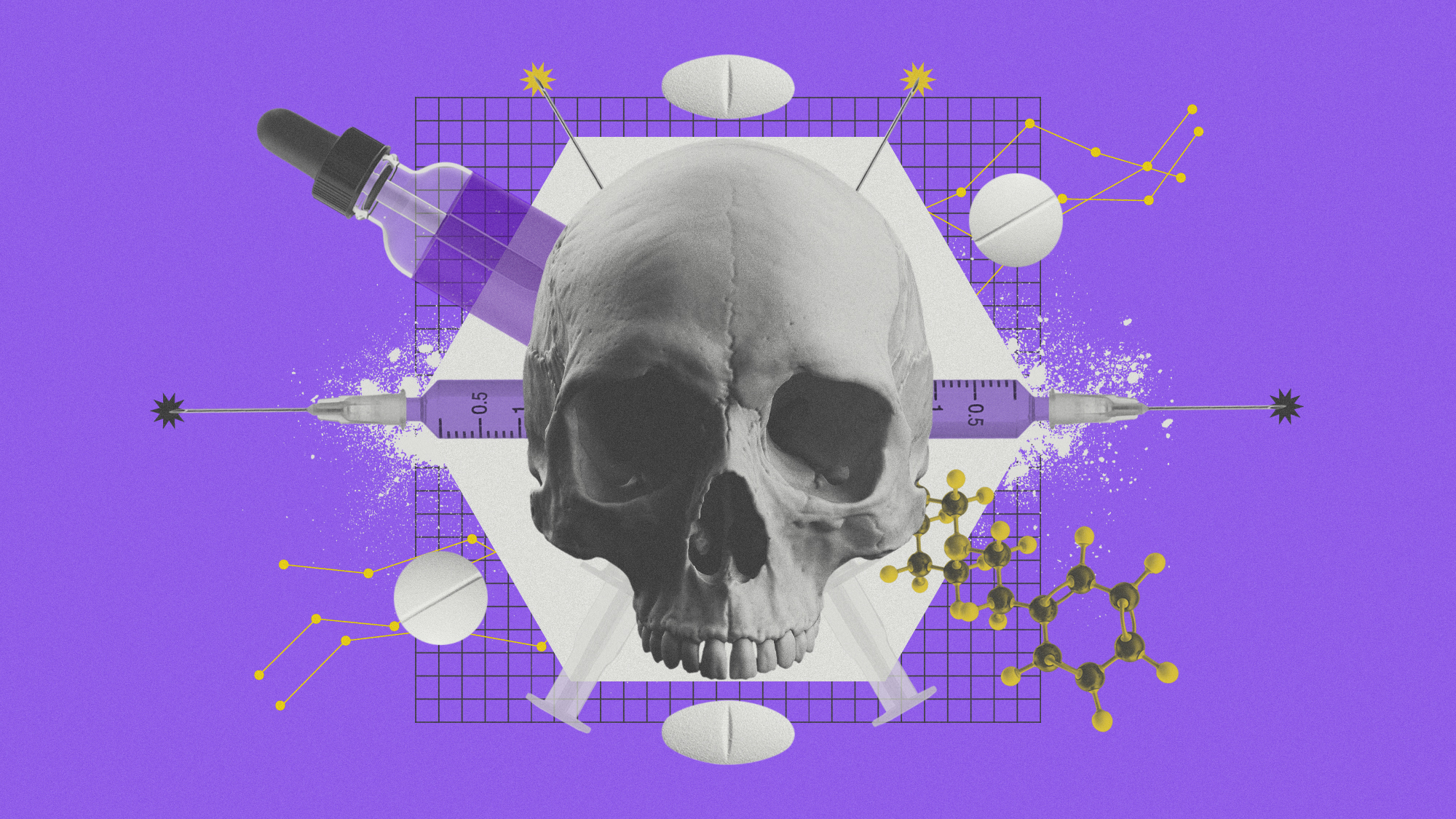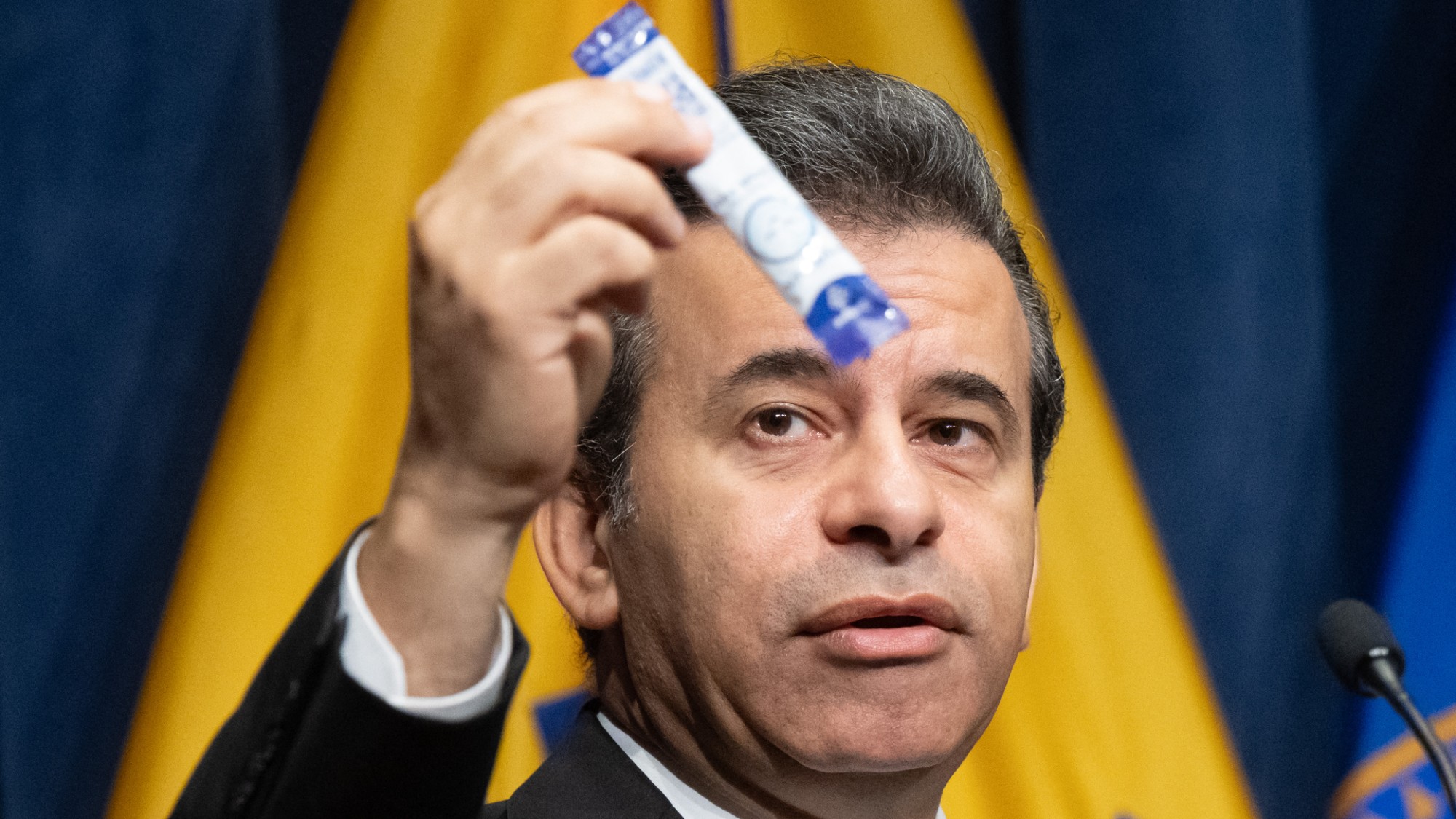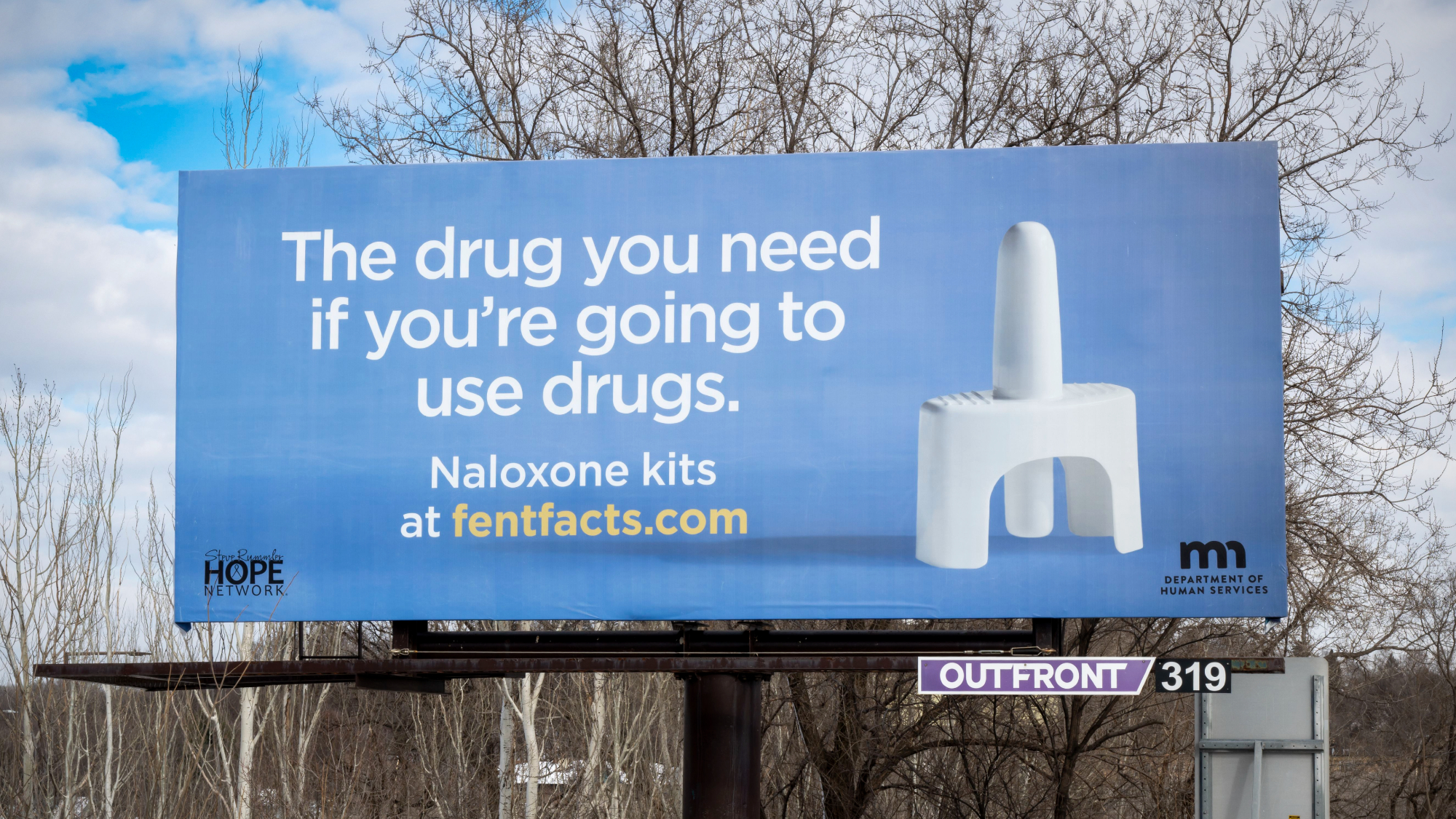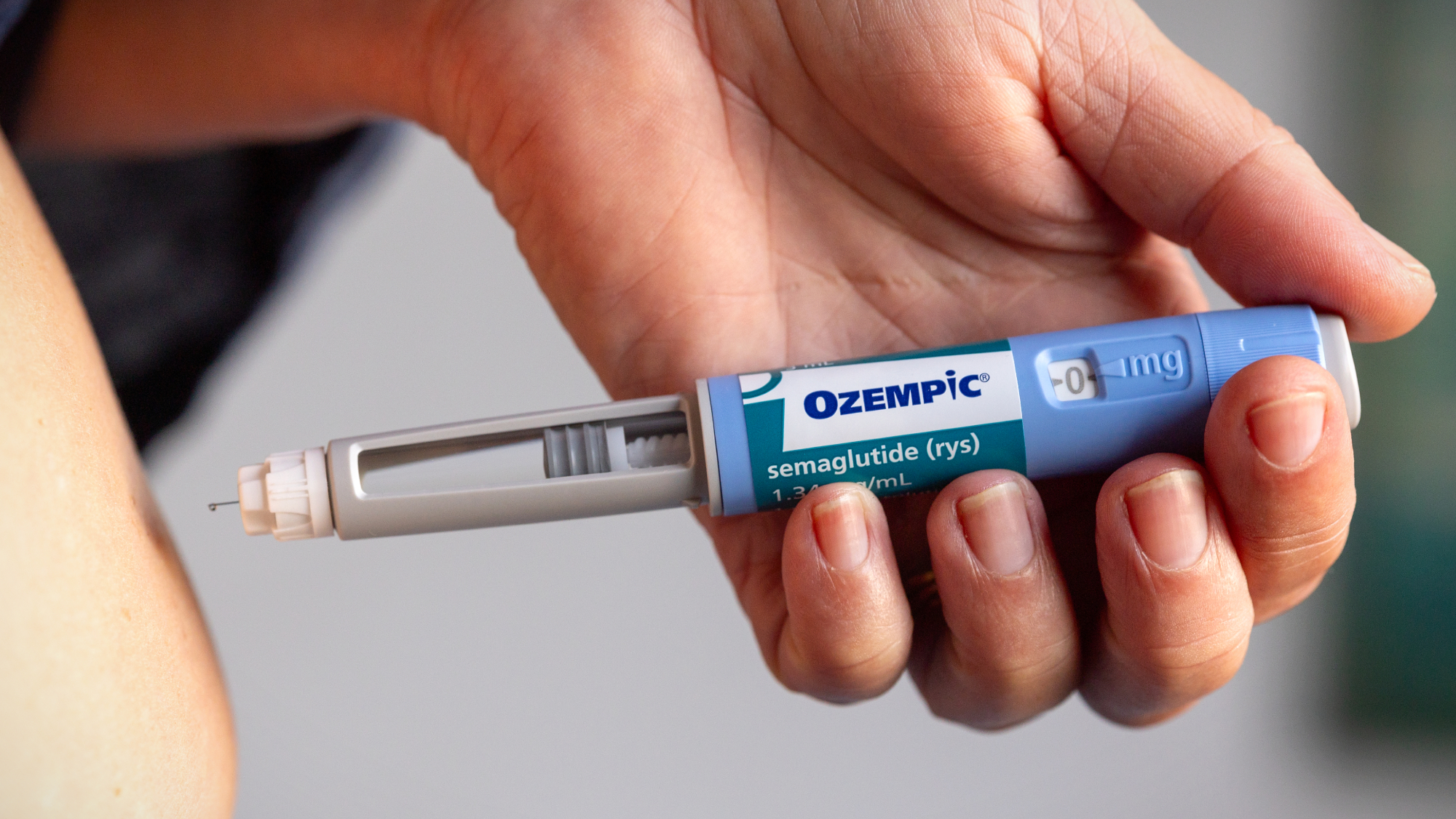Middle-classes consume more drugs and alcohol than the poor
But deprived people smoke more and experience worse physical and mental health, report finds

A free daily email with the biggest news stories of the day – and the best features from TheWeek.com
You are now subscribed
Your newsletter sign-up was successful
The middle-classes in Britain take more illegal drugs and drink more alcohol than the poor, according to a report published this week.
Two-thirds of those who are better off have drunk to excess in the past year compared with just 58% of the poor, the study by the Social Metrics Commission found.
It also reports 22% of the middle-class had taken illegal drugs, 9% more than less well-off people.
The Week
Escape your echo chamber. Get the facts behind the news, plus analysis from multiple perspectives.

Sign up for The Week's Free Newsletters
From our morning news briefing to a weekly Good News Newsletter, get the best of The Week delivered directly to your inbox.
From our morning news briefing to a weekly Good News Newsletter, get the best of The Week delivered directly to your inbox.
However, the most deprived people smoked more, suffered from a higher incidence of disability, and experienced worse mental and physical health, researchers concluded.
The report from the independent charity also found 14.2 million people are now judged to be in poverty, a similar number to 2015, The Guardian says.
The results tally with the annual survey by the Office for National Statistics published in May, which found that alcohol intake increased steadily with income.
Around seven in 10 people working in managerial and professional jobs, such as doctors, lawyers and teachers, said they had drunk alcohol in the week leading up to the poll, compared with only five in 10 people with jobs such as labourers, lorry drivers and receptionists.
A free daily email with the biggest news stories of the day – and the best features from TheWeek.com
Earlier this year, Simon Kempton, who leads on drug policy for the Police Federation, blamed middle-class drug users for the drug trade and related violence.
“The only reason gangs are into drugs is because people want to buy them, and a big part of that is not street-level users,” he told the federation conference in Birmingham in May.
“The big market is people with money to spend and they are often oblivious to the misery they cause because it is not on their doorstep,” Kempton added. “Middle-class drug users do not come across the radar of police because they are consuming it behind closed doors.”
-
 Gwen John: Strange Beauties – a ‘superb’ retrospective
Gwen John: Strange Beauties – a ‘superb’ retrospectiveThe Week Recommends ‘Daunting’ show at the National Museum Cardiff plunges viewers into the Welsh artist’s ‘spiritual, austere existence’
-
 Should the EU and UK join Trump’s board of peace?
Should the EU and UK join Trump’s board of peace?Today's Big Question After rushing to praise the initiative European leaders are now alarmed
-
 Antonia Romeo and Whitehall’s women problem
Antonia Romeo and Whitehall’s women problemThe Explainer Before her appointment as cabinet secretary, commentators said hostile briefings and vetting concerns were evidence of ‘sexist, misogynistic culture’ in No. 10
-
 A fentanyl vaccine may be on the horizon
A fentanyl vaccine may be on the horizonUnder the radar Taking a serious jab at the opioid epidemic
-
 Nitazene is quietly increasing opioid deaths
Nitazene is quietly increasing opioid deathsThe explainer The drug is usually consumed accidentally
-
 Can TrumpRx really lower drug prices?
Can TrumpRx really lower drug prices?Today’s Big Question Pfizer’s deal with Trump sent drugmaker stocks higher
-
 The UK’s opioid crisis: why the stats don’t add up
The UK’s opioid crisis: why the stats don’t add upThe Explainer A new report has revealed that the UK’s total of opioid-related deaths could be much greater than official figures show
-
 Why the FDA wants to restrict kratom-related products
Why the FDA wants to restrict kratom-related productsIn the Spotlight The compound is currently sold across the United States
-
 US overdose deaths plunged 27% last year
US overdose deaths plunged 27% last yearspeed read Drug overdose still 'remains the leading cause of death for Americans aged 18-44,' said the CDC
-
 Trump seeks to cut drug prices via executive order
Trump seeks to cut drug prices via executive orderspeed read The president's order tells pharmaceutical companies to lower prescription drug prices, but it will likely be thrown out by the courts
-
 Ozempic can curb alcohol cravings, study finds
Ozempic can curb alcohol cravings, study findsSpeed read Weight loss drugs like Ozempic and Wegovy may also be helpful in limiting alcohol consumption